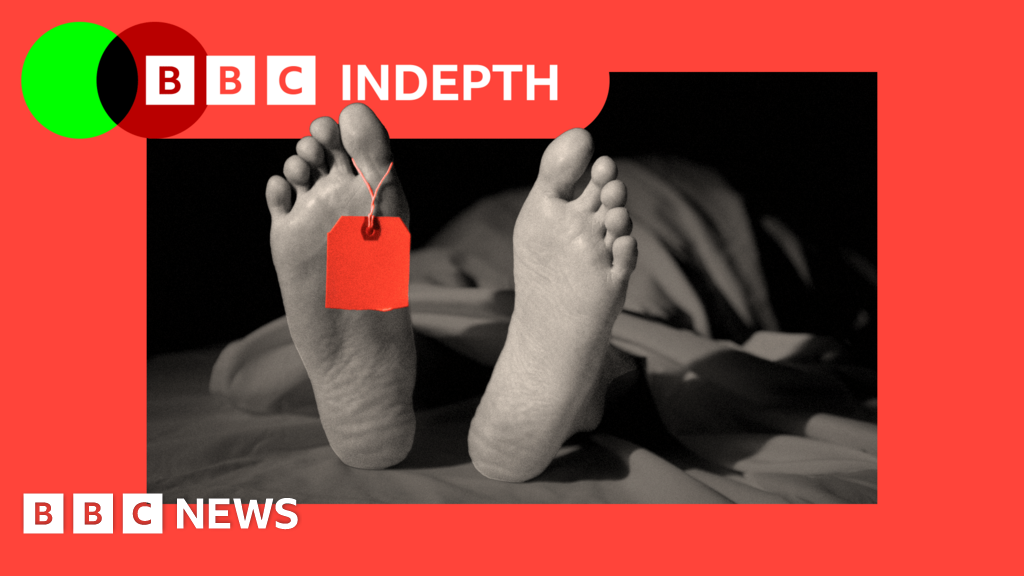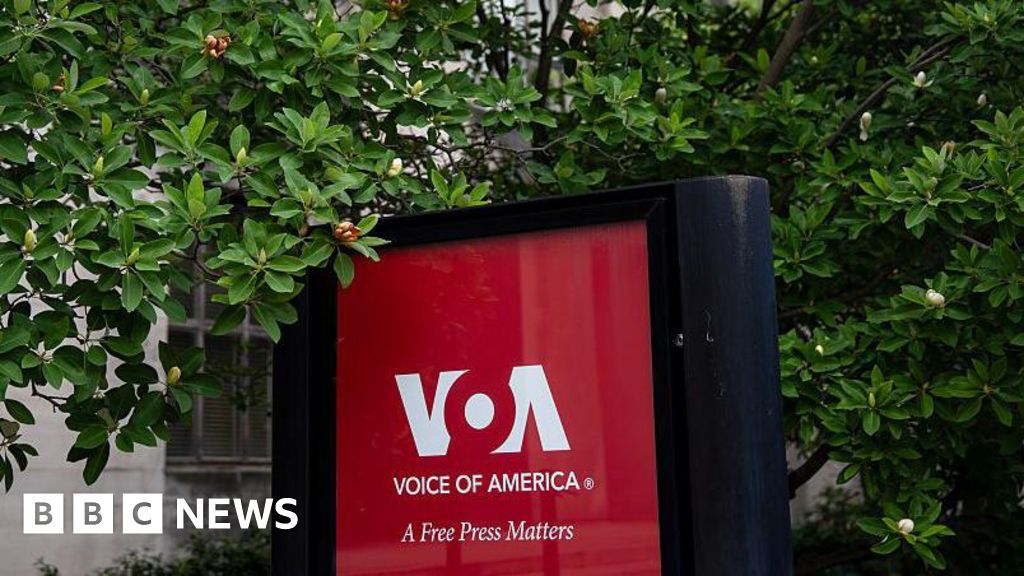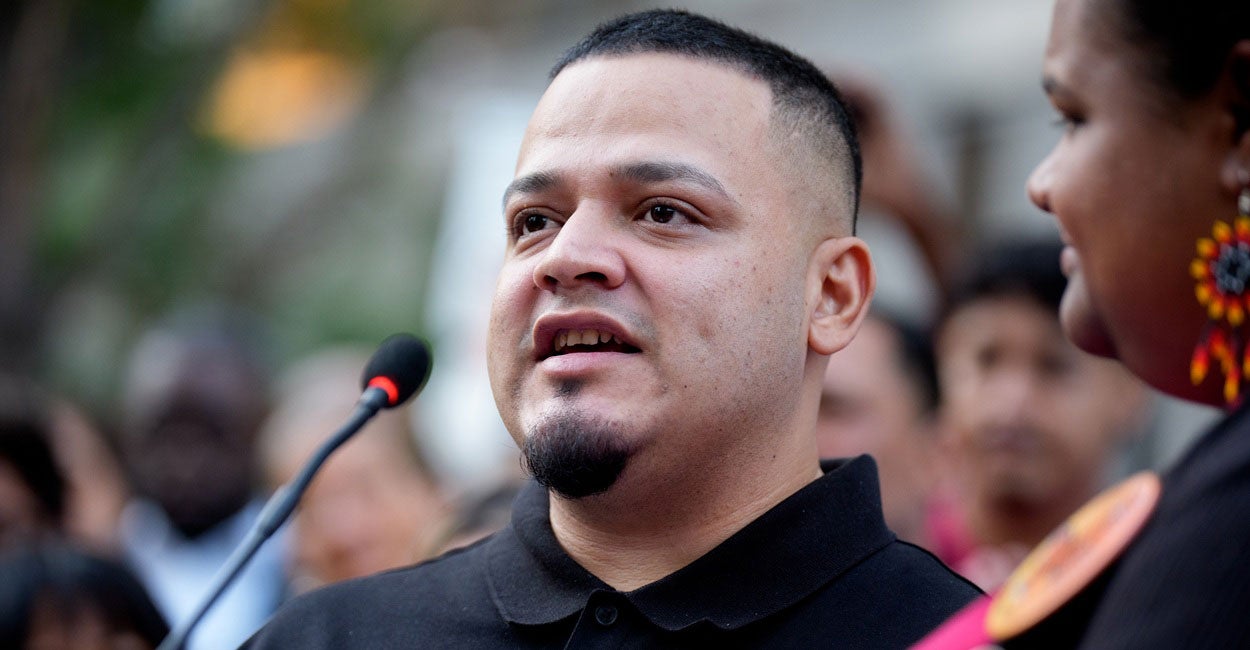(0:00 - 5:52)
Alberta will almost certainly hold a referendum on separating for the rest of Canada, likely within the next year. Economist Martin Armstrong, who decades ago created the Economic Confidence Model, which has correctly predicted many major political and economic events, tells us that when that referendum happens, Albertans will vote to become independent. But of course, that's only the first step.
How exactly should Alberta or any other country decide it is time to go it alone, structure their government and economy to provide stability and prosperity for the people? This is a vital question that needs to be answered before the separation happens, not after. And Martin's model predicts that while Alberta may be the first, they will not be the last. Other provinces in Canada are likely to follow, and the EU is already showing signs of falling.
Mr. Armstrong predicts that by 2029, the EU will no longer exist. And so this interview goes well beyond Alberta. Alberta has an opportunity to not only create an independent state, but to do it right.
And in so doing, create a model for the rest of the world to follow. The way I'd like to conduct the rest of this, and as you and I have discussed off camera, I think there's a very high chance that this interview will end up in front of Alberta Premier Danielle Smith. So let's voice this as your advice for Danielle Smith.
Alberta separates and your economic confidence model says it's going to happen. How does she handle this the right way? How does she build a new nation that has the potential to be one of the most prosperous, freest nations on earth? How does she do it right? Well, I would actually say that Alberta becomes its own independent state. Okay, not like Quebec, not sovereign within Canada.
Out. All right. I know there's definitely a push to become the 51st state.
Economically, I understand that Alberta's very rich in natural resources, you know, everything from energy to rare earth, etc. So yes, economically, I understand it probably would be beneficial. Okay.
However, what I'm looking at is, if Alberta was a separate nation, declared its own sovereignty, eliminate income tax. This was a socialistic dream to begin with. All right.
No personal income tax. Corporate, okay, you can have 10-15%. Mainly because a corporation must pay some sort of tax.
Otherwise, if it doesn't, then it's going to be taxed at the local rate wherever else it does business. Alberta had no income tax. And just basically funded the government from a retail sales tax, not VAT.
I guess, extremely complex and very bureaucratic and tense. A sales tax is much more realistic. You can't bring a lawyer with you to negotiate to get out of a sales tax.
And the rich naturally pay more taxes because they're buying more things. All right. You know, they're buying, you know, half a million dollar Ferrari or whatever.
But fund your government that way. Without an income tax, what will happen is more people are going to come there and companies will come there. I would say that's... Once you understand what I'm saying about the no income tax.
And companies are going to respond and people would then be extremely bullish. Like I say, you know, when they went to negative interest rates in 2014, I told them, it's not going to work. You can't punish people for saving.
If they see no opportunity, they're not going to invest. All right. And as simple as that.
All right. If you don't understand human nature, forget it. Eliminating the income tax, you will see a boom.
And what I would be interested in, I'd advise Alberta for free. I can't charge governments any money anyhow, because we have a regulation. If you do, but charge a government, including my own.
All right. I must register as an agent of that government. My view is that if one state does it, it sets the tone.
Everybody will see the prosperity and then it will start a contagion. Yes. It's, you know, this is the way things go.
These things are like a disease in a sense, but it's economic. It's a contagion. Somebody says, oh, gee, look at what they did over there.
(5:52 - 7:19)
That's a good idea. Let's try it here. American Revolution.
All right. George Washington is sworn in, 1789. What happens? The French Revolution, 1789.
These things are contagious. And you look throughout history and you'll see, you start political change one place and eventually it flows through to everybody, every place else. And I think that leads to another point that we need to cover before we move on to specifically Alberta and separation, having to do once again with why socialism doesn't work.
And Canada is a great example of this. In the last 10 years under our liberal governments, jobs in the private sector have actually dropped off while jobs in the public sector have gone through the roof. But with the exception of essential jobs like teachers, doctors, nurses, it's mostly been bureaucrats that they've added to the system.
And those people don't produce anything. They're essentially an economic parasites. Their wages, salaries have to be paid from the taxes of the people who actually produce something.
And once that parasitic load reaches a critical mass, it has to destroy the economy, does it not? Yeah. Look, it's like, let's say you hired a maid to take care of your house. She doesn't bring in any income to the house.
She costs you money to do it. All right. That's government.
(7:20 - 7:35)
You know, they bring nothing to improve the economy. They are a parasite and they live off of basically like a leech sucking the blood out of everything. I think we need to very briefly recap something we discussed in a previous interview.
(7:35 - 8:18)
And it's not just that your model says that Alberta is going to separate. But I think because Alberta has to separate, and it has to do with something we were discussing earlier, that if you have this huge socialist country, Canada, perfect example, you're going to end up with a situation where there's no possible way to look after the needs of the people in this area without infringing upon the rights or the needs of the people in another area. And that situation is not going to change.
What Albertans largely are so upset about is for decades now, we've been paying tens of billions of dollars in transfer payments to the East every year. And then when Albertans go to Ottawa with a concern, we get ignored. Go away.
Don't bother us. We don't care. Right.
(8:18 - 8:26)
And that's not going to change. And you've got an awful lot of historical context for that. So please just briefly address that.
(8:29 - 9:00)
That's one of the problems you have with centralized government. The breakup of Yugoslavia, OK? Croatia was kind of like Alberta, the one that was profitable, made all the money, and it was being transferred to the other states. All right.
Look at the problem of Canada, that some people say to me they should send a thank you letter to Trump because they had no idea. But each province there acts as if it's its own country. They put tariffs on other provinces.
(9:01 - 9:48)
If a lawyer in Nova Scotia wants to practice in Newfoundland, he can't. In the United States, if you're a lawyer in New York, you can go to California and practice. Federal law, that's it.
You're approved nationally. So Canada is still broken up that way in the sense that you have a federal government, but then also you have these provinces that act as if their own country and to protect local jobs, they put tariffs on other ones. It's eliminating that would go a long way to helping the economic economy of Canada as a whole.
(9:49 - 11:58)
So actually, I want to make this comment first, and you're very, very correct that it's not just about Alberta because if Alberta does this right, they become the model for all the other states that will split off. And your economic model predicts we're going to see a lot of that. The EU is going to break up.
So it creates this model. And I think it becomes an especially important one if, because in the US, you've got California talking about seceding and they are almost certainly the most leftist state out there. And so if Alberta does it right, you're going to see Alberta prosper and you're going to see California, if they secede, crash and burn because they're going to continue with their leftist ideology.
There's just no way this is going to work. I mean, if Alberta does this, it would be it would set the tone that other countries would look at. All right.
I know their their proposals and Trump would like, you know, I know there have been negotiations with Alberta about maybe becoming the 51st state. Oh, Trump sees it more from a natural resource perspective. You get rare earth, et cetera.
All right. So I understand that. OK.
But if you became the 51st state, I don't see how you would be able to eliminate income tax. You know, I was part of that movement back in the 90s. I was the one testifying before Congress House Ways and Means Committee.
Bill Archer was the chairman at the time. He was for the retail sales tax. Dick Armey was the head of the Republicans and he was for the flat tax.
And I gave up. I was sitting at Dick Armey's office. And he said to me, Marty, you know cycles.
I said, yeah. He said, I can't agree with Bill because we can't repeal the 16th Amendment, which was income tax. He says, and if we did the retail sales tax, you know what will happen when the Democrats come back and we'll have both.
(12:00 - 13:40)
I said, you know, Dick, you're absolutely right. That's why I say if Alberta were to be a separate sovereign state, not part of Canada, not part of the United States, and then it could do the no income tax with the retail sales tax. So we've talked about an awful lot of things that governments shouldn't do within this framework of flat 15% corporate tax, no income tax, possibly a goods and services tax, which actually rewards people for saving because you're not being taxed on what you've earned.
You're only being taxed on what you spend. And in that context, we've also talked about privatization of getting the government's hands of a lot of things, but you're proposing a 15% flat corporate tax, which goes to the government, which shows that you feel that there is a purpose for the government, that there should be some things that it is doing. So what should the government be doing with that income? If we privatize just about everything, what are they doing now? Well, essentially, without government, you have anarchy, right? So the rule of law, all right, you take the Bible and the story of Solomon making the decision whose baby is whose.
That's what law was about. The sovereign was the impartial person that you went to to settle disputes. All right.
(13:42 - 14:17)
So that is a core issue of government. It has to be an impartial standing between everybody to make that same decision that Solomon did. Whose baby is this? Is it yours or is it somebody else's? All right.
That is civilization. So let's talk now about healthcare, because you've spent a lot, even though you're American, you spend a lot of time analyzing candidates. You're very well aware of our socialized healthcare system, which we've had in this country for a very long time.
(14:17 - 15:53)
And I myself and my wife have benefited from it. We both had cancer, which our treatment cost us nothing, which in another country that didn't have that kind of healthcare would have bankrupted us. But there's the other element of it, and that's privatized healthcare.
And to my knowledge, Canada is the only country in the world that doesn't allow for it, for essential services. Unless you're a dermatologist, sure, you can open up a private practice. But if you're a surgeon specializing in joint replacement, you can't do that.
You have to work through the government system. So how do we change healthcare to see that everyone does get looked after, but without bankrupting the country? Well, honestly, I have insurance down here in Florida. It's Medicare, and then you get a Part B. But I've never had to pay for anything, and it's not really denied.
The biggest difference, I think, between the two systems is that the medical profession here is basically allowed to earn whatever they earn. Whereas when they tend to work for government, it's just like a union wage. That's it.
(15:53 - 16:12)
They can't earn more or anything else. So you see it in Britain, where the best go off and start private practices. I mean, I saw a chiropractor down here, and it was from Toronto.
(16:14 - 18:41)
So if somebody is more ambitious, we'll leave Canada, and then they'll go get a job someplace else. So are you also losing the best and brightest of what you have? So I mean, paying into a system like Medicare taxes or whatever, that's fine. But at the same time, you have to allow the doctors to be private.
And then with that, I get to pick and choose. If I'm understanding correctly, then what you're recommending, that should Alberta separate, the best way to handle healthcare is to do it more like the American system, where doctors, nurses, hospitals, those are all private. You can get private insurance.
And it's not even a big leap. We do have private insurance. It's called Alberta Blue Cross, and it will cover a lot of the things that Alberta Health won't.
So is that your recommendation, that we just get the government out of it entirely? Yeah, I think it's... Otherwise you lose your best. They'll go someplace else to make more money. And you got to look at it from that perspective.
I'm in Florida. We have no income tax. We have been booming when the rest of the country is in trouble.
More people have been coming to Florida than anywhere else. And they don't want to talk about it publicly yet. Most of the big hedge fund managers and houses, even Goldman Sachs moved its most profitable division to Florida.
Miami will become the new Wall Street. Most of it's there now, anyhow. It's just all you have up there is the New York Stock Exchange.
But most of the people that are making big money, they're all left. The biggest hedge fund manager that was in New Jersey left, paying $200 and some odd million a year in taxes to the state. Martin, thank you so much again for the generous gift of your time and your expertise.
(18:43 - 18:54)
Well, thank you. I hope Alberta listens. And if it took that proposal, it will set the tone for the world and everybody else will look.













